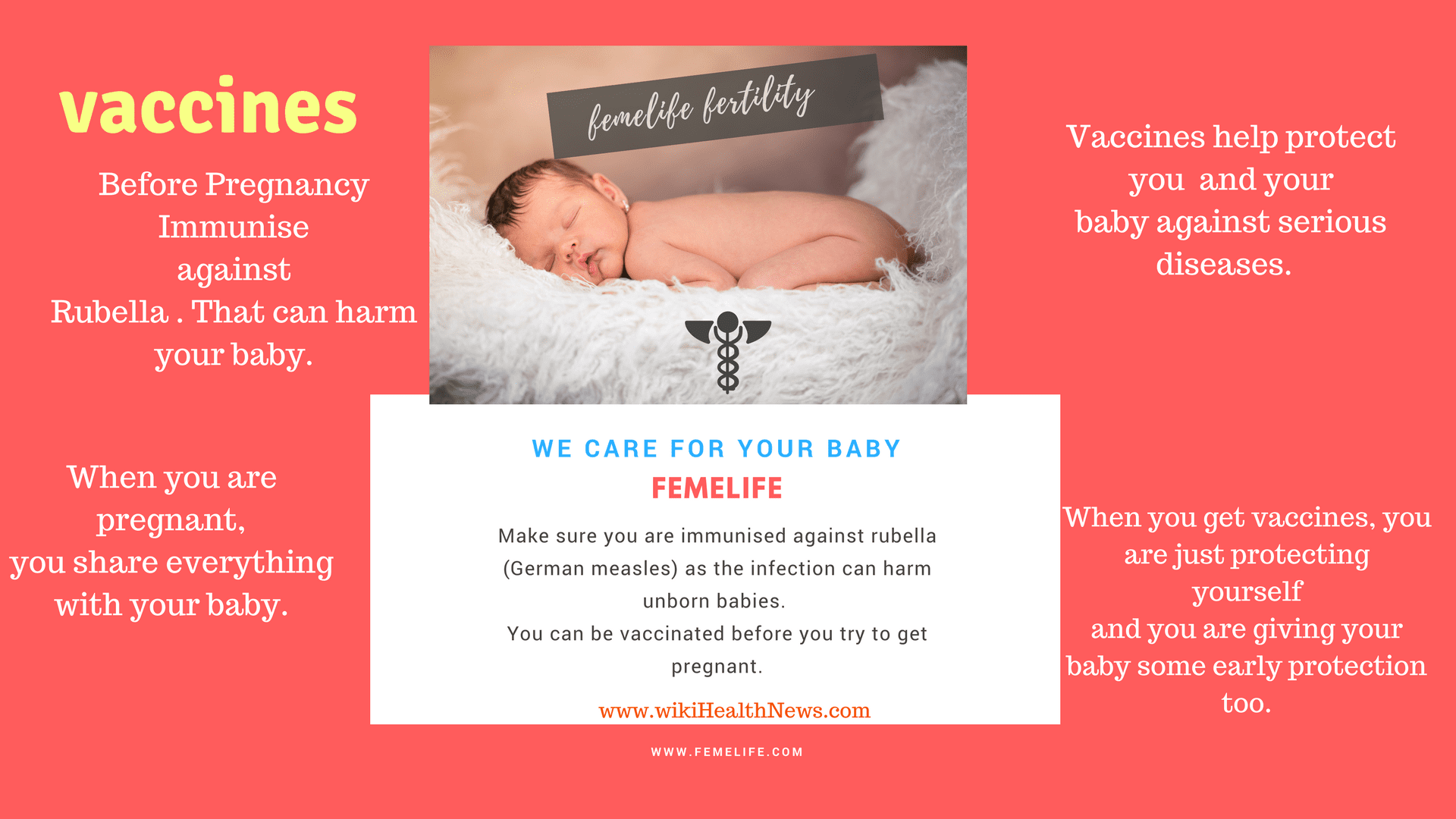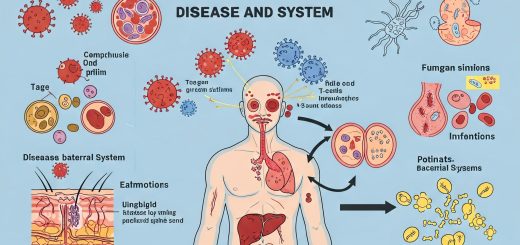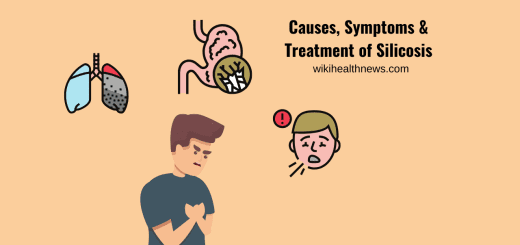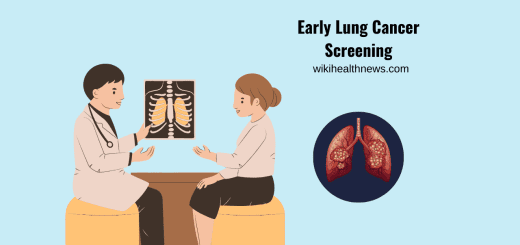Rubella Vaccine & Congenital Rubella
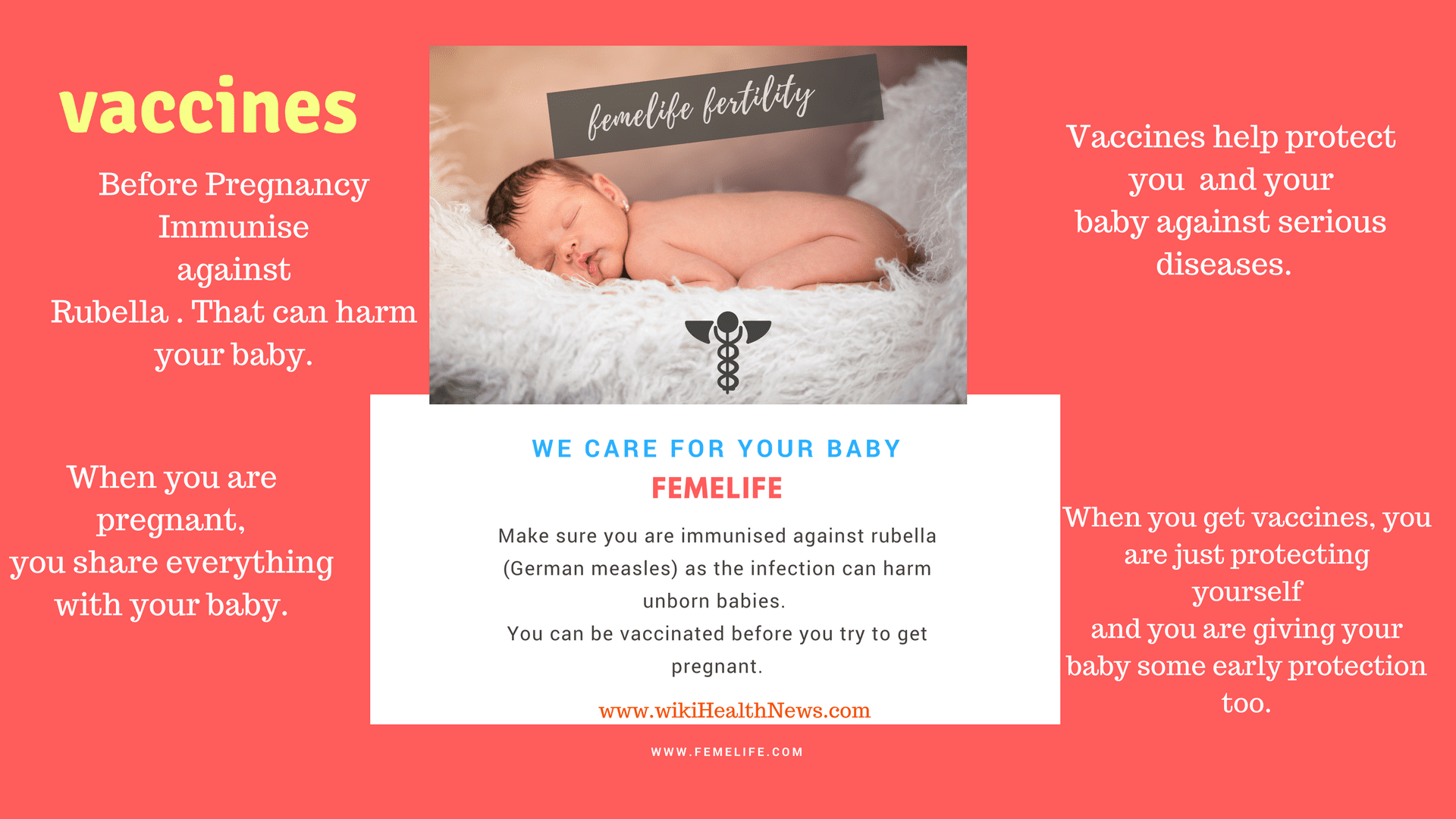
Who should receive rubella vaccine?
The World Health Organisation (WHO) recommended that the rubella vaccine be included in routine vaccinations. If not all people are immunised, then at least women of childbearing age should be immunised.
What is congenital rubella syndrome ?
What Rubella causes in pregnancy –
Rubella usually only becomes a serious concern if a pregnant woman catches the infection during the first 20 weeks of her pregnancy.
This is because the rubella virus can disrupt the development of the baby and cause a wide range of health problems, including:
- eye problems – such as cataracts (cloudy patches on the lens of the eye)
- deafness
- heart abnormalities
- brain damage
The birth defects caused by the rubella virus are known as congenital rubella syndrome (CRS).
What is the risk of Congenital rubella syndrome?
Congenital rubella syndrome (CRS) can occur in a developing fetus of a pregnant woman who has contracted rubella, usually in the first trimester. If infection occurs 0–28 days before conception, the infant has a 43% risk of being affected. If the infection occurs 0–12 weeks after conception, the risk is more.
When child is exposed to rubella infection at the womb , how to go further?
Children who have been exposed to rubella in the womb should also be watched closely as they age for any indication of:
- Developmental delay
- Autism
- Schizophrenia
- Growth retardation
- Learning disabilities
- Diabetes mellitus
- Glaucoma
Also Read
